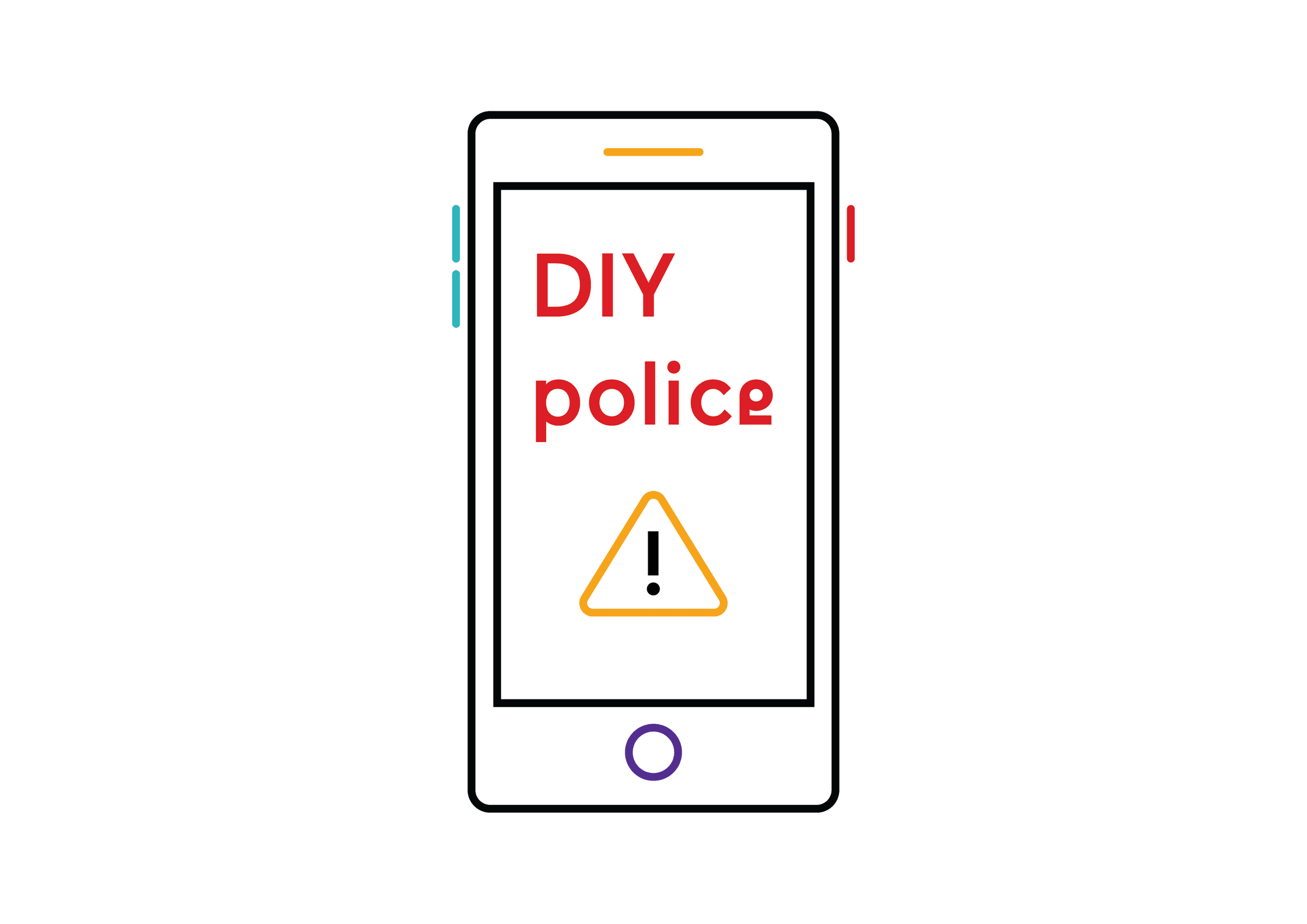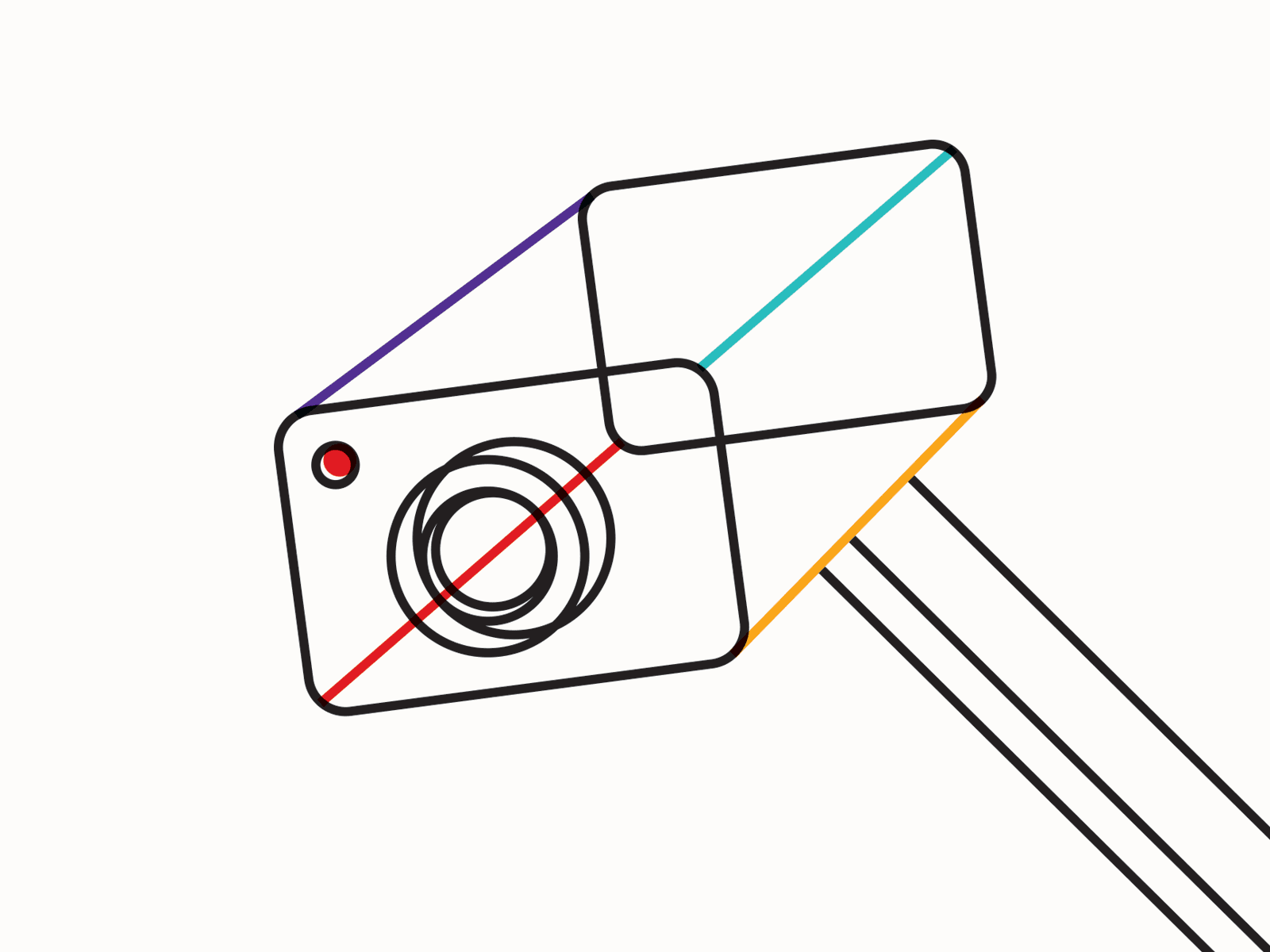In this blog series 'Do worry, be happy!', we talk to experts in the field of technology, innovation and ethics about new developments. On the basis of current events, we ask them to explain why we are worried about how technology will shape the future. But don’t be afraid, we are also looking for ways to take over the direction that technology is taking us. So Do worry, but be happy!
The reason
The last years have seen a growing number of DIY policing-apps assisting citizens in solving crimes themselves. Citizens taking on police work is not new but social media are making much easier for people to organise and work together to do so. One step further, DIY policing-apps are platforms entirely dedicated to help those citizens doing police-like work. In the Netherlands, the DIY policing-app "Sherlock" developed by law enforcements will allow citizens to start investigating a crime by, for instance, collecting evidences and recording witnesses. The information given by citizens via the app would help the Dutch police to take appropriate action.
The collaboration between citizens and the police is seen as the strong point of those apps. Yet, concerns arise too. Can we trust citizens solving crimes they are directly linked to? What about the prejudices citizens have against each other? Also, is it safe to consider equal investigations accomplished by citizens and by a police formally trained and held accountable? In addition, could those apps establish a climate of mutual surveillance and distrust among citizens?
Rianne Dekker, an Assistant Professor at Utrecht University School of Governance, discusses with us the upsides and downsides of DIY-apps policing. Dekker is involved in MEDI@4SEC, a community that will provide a space for those engaged in the planning and delivery of public security to collectively inform and learn from their colleagues how to better utilize social media in their activities.
What is the problem?
'First, to put these new apps into perspective: acts of DIY policing are already undertaken by citizens without specialized apps offered by law enforcement. For example the collective Reddit searches for the Boston bombing suspects in 2013 or the Dutch case of a father revenging the online grooming of his daughter by identifying the suspect through online sources and chasing and physically abusing the suspect. Police responses to these sorts of individual or collective forms of DIY policing have been ambivalent. In some cases they are denounced, but in others, citizens are encouraged to contribute valuable information to the police investigation. Because responses mostly relate to very specific cases including various acts of securing evidence, analyzing information and identifying suspects, the boundaries of what is and isn’t helpful and ethically and legally allowed are unclear to citizens.'
'Law enforcement cannot stop these emerging DIY policing efforts, and this is also not in their best interest because they would miss out on valuable information and opportunities to strengthen collaboration with citizens. These apps can positively impact online communities engaged in DIY policing because it can provide direction and feedback to their activities. For example by informing them on how to secure evidence and what areas have already been searched by the police or others. DIY policing apps can distinguish helpful and harmful acts and direct citizens towards helpful acts. Also, it can help build trust between police and citizens by taking citizens seriously as partners in co-production of public security and utilizing their expertise. Possible negative effects are that these apps can overburden police with information and demands for intervention that cannot be met. Also, DIY policing apps may implicitly incite citizens to take matters into their own hands which could harm the rights of others (freedom, privacy, non-discrimination) and undermine social cohesion.
There are several examples of this now when DIY policing is not yet guided by police apps. An example of citizens taking matters into their own hands is a Whatsapp neighbourhood watch group that was using dogs and helicopters to trace and apprehend suspects themselves. Examples of discrimination and violation of others privacy are a Dutch missing girl case when citizens on social media raised unsubstantiated suspicion of drivers of a black car and the Boston marathon bombing search that was supposedly turning into a 'racist where's wally'. Guiding DIY policing with apps can help mitigate some of these negative effects by providing guidance towards professionalism, but they can also incite a certain litigiousness and mutual distrust amongst citizens and give them confidence that they can undertake police tasks independent of the police and criminal justice system.'
Why do we have to worry?
'There is reason to attend to these possible negative impacts, but these are also present when DIY policing activities are done independently – as they are happening now (albeit probably on a smaller scale). When citizens collaborate with the police through apps, they should be aware of privacy of information on others they are handing over. Not only information on those directly involved but also possibly of other bystanders and themselves. Another possible negative effect of large scale use of policing apps could be a 'chilling' effect when citizens start to self-censor online expressions because of the risk of being flagged in a policing app.'
Do you see a trend in this area?
'I know that there are several apps in development in the Netherlands (see also Smit 2017), so in that sense you could say that there is an emerging trend. However, the Netherlands is really a frontrunner in this development and other countries haven’t joined to the same degree. Will using these apps become a trend among citizens? I’m not sure. Burgernet and the more general Police app are for sure quite popular. However, these are not all structurally active users. Groups of citizens that are actively engaging with these apps mostly form ad hoc around certain issues (for example cases of missing persons) and that’s a good thing.'
How can we exert influence?
Citizens can help piloting these apps (which is done extensively) and critically follow and comment upon possible issues of security breaches, infringement of privacy or risks of discrimination and false accusations. Human rights organizations and privacy watchdogs should do a good job in monitoring development of these types of apps and possible negative consequences in terms of privacy, non-discrimination and infringement upon personal freedoms.

